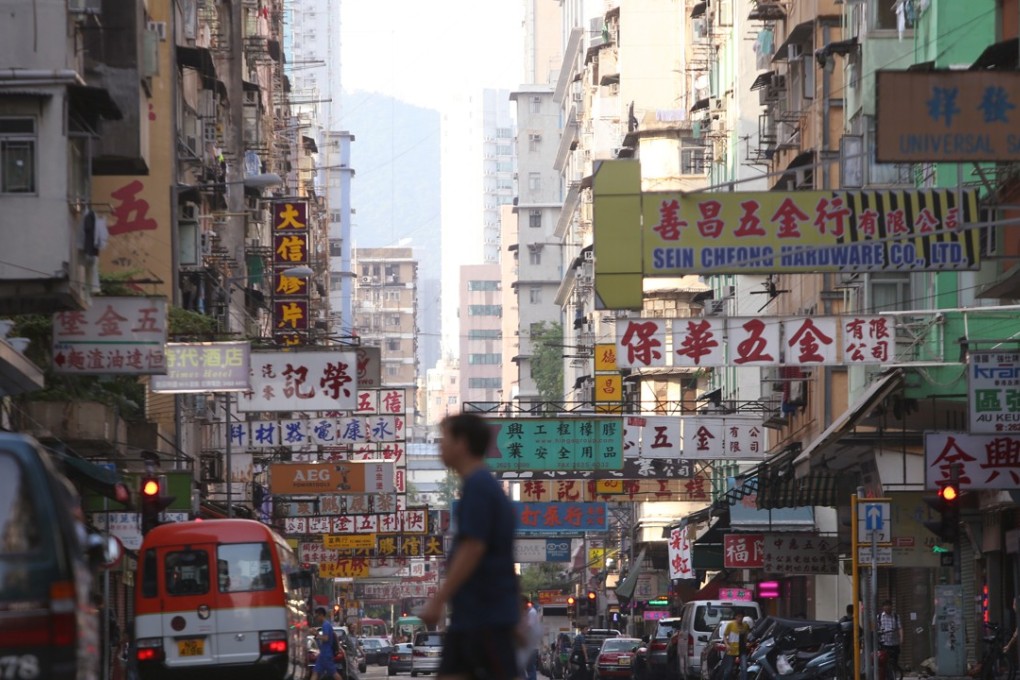Opinion | When freedom takes some strange forms in Hong Kong
Hong Kong is a hyper-capitalist society, but the conditions imposed upon its people may cause them to be interested in a little socialism before long

This year, for the 24th year running, Hong Kong was named the “freest economy in the world” in the US Heritage Foundation’s Index of Economic Freedom. This is an impressive tribute to the governance of Hong Kong during a potentially difficult period for the city, following the handover of sovereignty and the pioneering “one country, two systems” concept.
I would not say that this accolade is worthless or irrelevant, but I would like to place it in context. The American political tradition places a unique value on economic freedom, suggesting almost that the freedom to make money is the only one that matters, and government is the only possible source of oppression and restriction. Well, I concede America is a project which has largely succeeded, more than 200 years before the equally unprecedented HKSAR project succeeded. Like all valuable things, freedom has its price.
In the last few weeks articles have appeared in the Post pointing out the dark side of Hong Kong’s flourishing economy – the enormous pressures felt by families, which press hardest on children, the oppressive education system and the unaffordability of property. Every one of these points is utterly valid, and a powerful criticism of a highly competitive society in action. The question is: what can actually be done about it?
One of the consequences of a highly competitive society is that the contractual nature of a normal society goes by the board. For a period the workplace was governed by such contractual relationships: you work for us, you are expected to achieve certain goals or man the office for a certain number of hours; if you achieve these set goals you will be paid an agreed amount, and if not, you can be fired, under conditions set by employment laws. However, very few workplaces function like that these days. People are judged not by how well they fulfil the agreed conditions, but by the extent to which they voluntarily overfulfil them. Working hours are not fixed, but are subject to the arbitrary judgment of managers. Thus one can in practice make no commitments to those who really do depend on one – one’s children.
Children grow up realising that their fathers – and also their mothers – cannot be relied upon: if it comes to a choice between one’s children’s wishes and those of the boss, the boss will be preferred every time. Children cannot understand the economic imperatives: they just know they come a bad second to something called “work”, and they don’t like it. As the children get older they are more conscribed into the service of this strange entity called “work”, in that their lives are curtailed by the preparation for it. Just as parents don’t have to be given a reason to spend endless hours in the office, so children don’t have to be given a reason to spend 15 or 16 hours a day frantically studying so as not to be left behind in the search for good “work”, which will enable them to replicate the situation when they have their own families. If this is “freedom”, it’s a very strange description.

